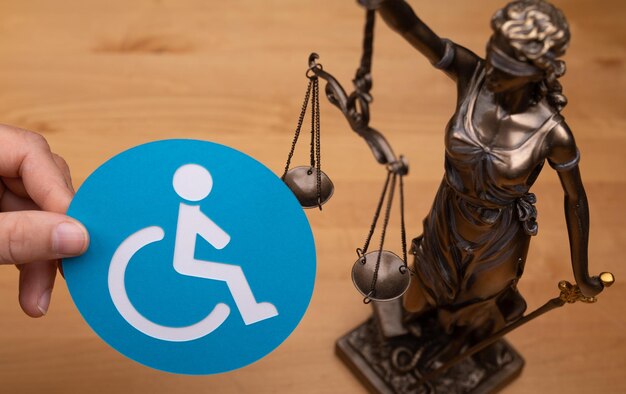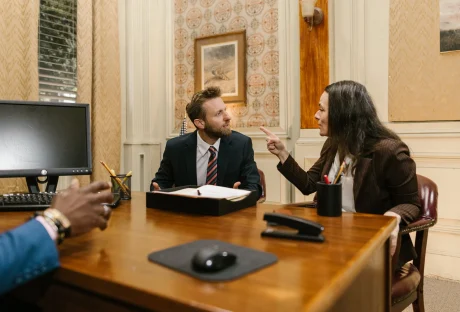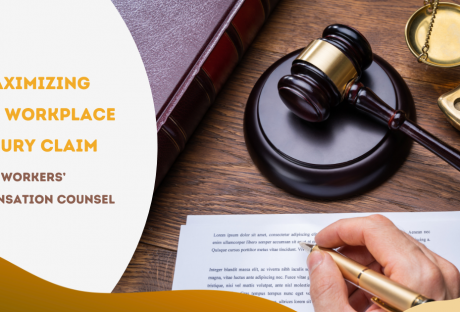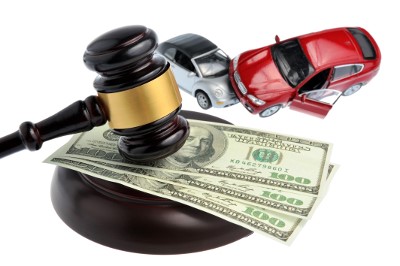Within the realm of disability law services in Canada, human rights legislation has a significant and far-reaching influence on disability discrimination cases. This article delves into the critical function that human rights legislation serves in molding the legal environment for individuals with disabilities, emphasizing its impact on discrimination cases and the quest for equal rights and opportunities.
The Cornerstone Of Human Rights Legislation
Disability law in Canada is underpinned by a foundation based on the pillars of equality and non-discrimination. Human rights legislation at both federal and provincial levels acts as a potent tool in protecting the rights of individuals with disabilities. These laws expressly forbid discrimination based on disability and create a structure for addressing complaints through legal channels.
Characterizing Disability Discrimination
Human rights legislation offers a precise explanation of disability discrimination, encompassing both direct and indirect forms of unequal treatment. The legislation acknowledges that discrimination can appear in multiple settings such as employment, housing, education, and public services. By explicitly naming disability as a forbidden ground for discrimination, the legislation sets the stage for addressing systemic obstacles that individuals with disabilities might face.
The Principle Of Accommodation And Obligation To Accommodate
A key principle in human rights law is accommodation, where employers, service providers, and schools must make reasonable efforts to meet the needs of disabled individuals, ensuring equal access to opportunities. This emphasizes the range of disabilities and the importance of disability lawyers, such as Disability Lawyer Toronto.
Legal Remedies In Discrimination Instances
Human rights statutes offer an essential path for individuals seeking legal redress in situations involving disability discrimination. Those who feel subjected to discrimination can submit their complaints to provincial or federal human rights tribunals. These tribunals possess the power to judge cases, grant relief, and mandate institutions to adopt measures that encourage inclusivity and eradicate discriminatory practices.
The Evolving Landscape Of Case Law
As disability discrimination cases are brought before human rights tribunals and courts, the legal landscape continues to evolve. Landmark cases set precedents that shape the interpretation and application of human rights legislation. These decisions not only guide future cases but also contribute to the ongoing development of a more nuanced and comprehensive understanding of disability rights within the legal system.
Intersecting Forms Of Discrimination And Multiple Factors
Legislation regarding human rights takes into account the interrelationship of various types of discrimination, recognizing that individuals may experience numerous types of discrimination concurrently. For those with disabilities who also identify with marginalized groups based on aspects such as gender, race, or sexual orientation, the legislation offers a foundation for confronting the combined impact of discrimination and seeking justice on overlapping grounds.
Educating Society And Promoting Inclusiveness
Apart from legal procedures, human rights legislation serves a crucial role in enlightening society and nurturing an inclusive culture. Awareness programs and educational efforts focused on disability rights help alter societal perspectives and break down preconceptions. By advocating for a wider comprehension of disability and individual rights, human rights legislation acts as a driving force for societal transformation.
Obstacles And Prospects
Despite considerable progress in the realm of Canadian human rights legislation relating to disabled individuals, several challenges remain. Enforcement methods, barriers to accessibility, and protection gaps persist as areas requiring attention. Addressing these issues offers prospects for refining the law and enhancing disability legal services to better accommodate the varied needs of the disabled community.
Within the scope of Canada’s disability law services, the influence of human rights legislation on cases related to disability discrimination is profoundly significant. This legal framework explicitly outlaws discrimination acknowledges the obligation to accommodate and cultivates an environment of inclusiveness. Human rights legislation serves as a fundamental building block in the ongoing quest for equal rights and opportunities for people with disabilities. As the legal environment continues to develop, human rights legislation persists as a potent instrument in molding a fairer and more inclusive society.
Read Also:






















